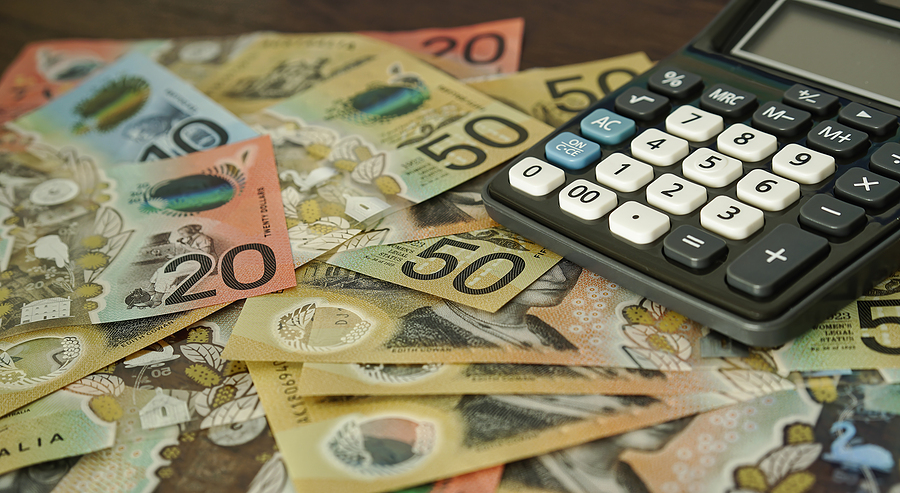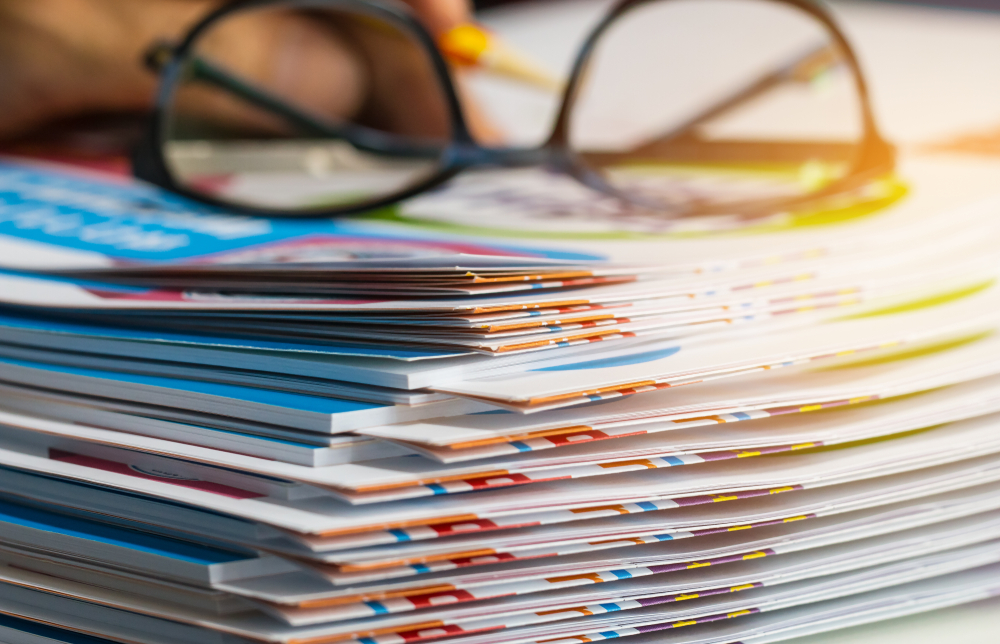The trade surplus fell to $11.6 billion in January from $12.9 billion in December.
Trade data released by the Australian Bureau of Statistics on Tuesday showed exports grew 1.4 per cent in January and imports swelled by 4.6 per cent over the month.
Economists expected an increase in the trade surplus driven by strong commodity prices and the ongoing rebound in service exports since the borders reopened after the pandemic.
The trade balance has averaged about $11.3 billion over the 18 months from July 2021, Westpac analysis shows, with the largest surplus before 2021 $9.9 billion.
The results follow a weaker-than-expected growth report, with the December quarter national accounts revealing an expansion of 0.5 per cent, down from a 0.7 per cent lift in the three months to September.
High inflation and rising interest rates are starting to take a toll on the economy, with another interest rate hike widely anticipated when the Reserve Bank board meets on Tuesday afternoon.
For mortgage holders, another 25 basis point rate hike will stretch household finances even further.
Analysis from comparison site Canstar shows another cash rate hike will add $1051 to monthly repayments (compared with April 2022 levels) on the average $500,000 loan with 30 years remaining on the term.
With inflation still well above the RBA’s two to three per cent target band, in recent communications the central bank has adopted a firmer stance on inflation.
After the February decision it indicated “further increases in interest rates” would still be needed.
The Australian National University RBA shadow board has assigned an 81 per cent probability to another rate hike on Tuesday and a 19 per cent chance the bank will hold.
“There are growing signs past interest rate increases are working their way through the economy, which are for example reflected in a weakening consumer outlook, but current economic conditions remain relatively benign,” the shadow board noted.
Consumers remain downcast ahead of the March cash rate decision.
Consumer confidence as sampled by ANZ and Roy Morgan every week has been tracking well below monthly averages, and returned another depressed result last week, falling 0.1 points to 79.9.
But the index did show a 2.9 point recovery in confidence for those paying off a mortgage, despite the impending interest rate decision.
ANZ senior economist Adelaide Timbrell said the improved sentiment among mortgage holders followed a sharp fall the previous week.
Confidence among renters and outright home owners slid last week, but Ms Timbrell said both groups were still tracking above those paying off a home loan.
Government Services Minister Bill Shorten said the likely rate hike would be difficult for many mortgage holders.
“It’s going to be incredibly tough for families with mortgages. Quite frankly, I don’t know how a lot of them are doing it at the moment,” he told Sky News on Tuesday.
“I just want this cycle of pain to come to an end as soon as possible because at a certain point it’s almost counterproductive.”
However, he acknowledged it was important not to have “runaway inflation”.
Poppy Johnston and Andrew Brown
(Australian Associated Press)





